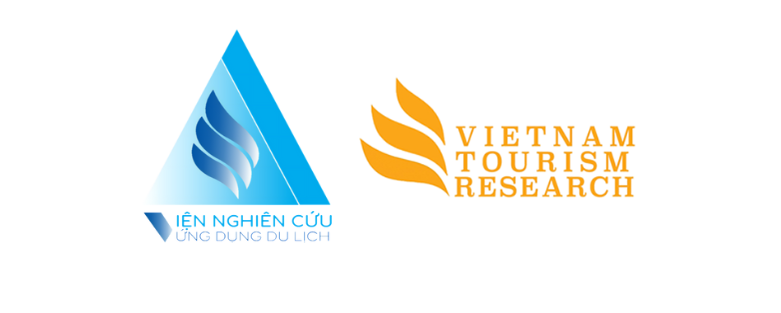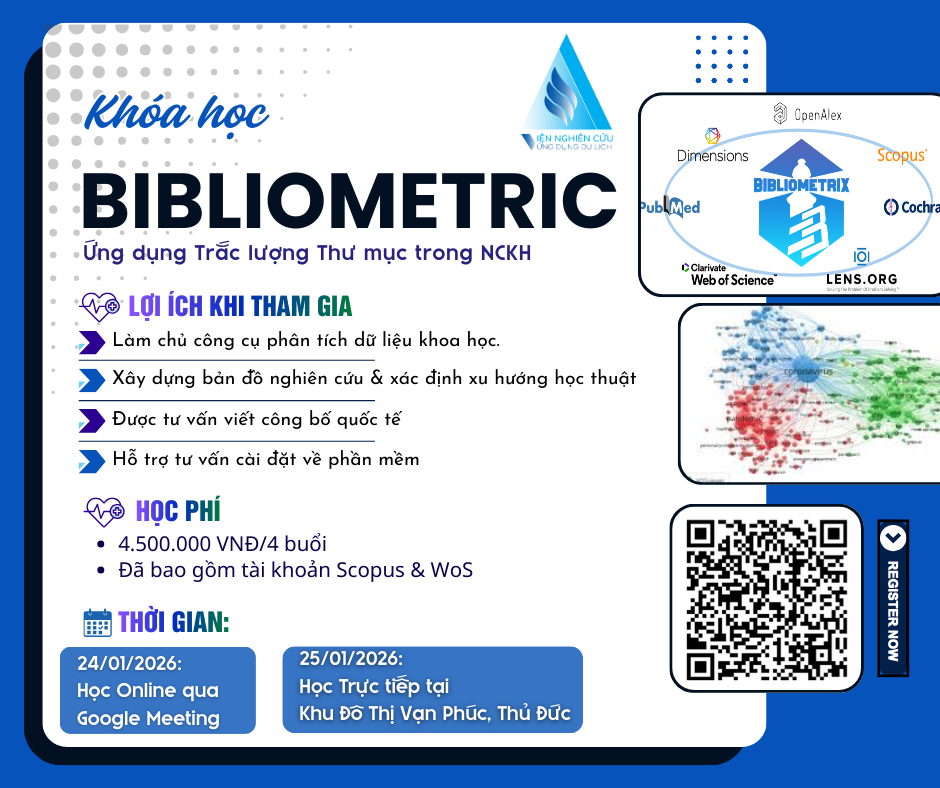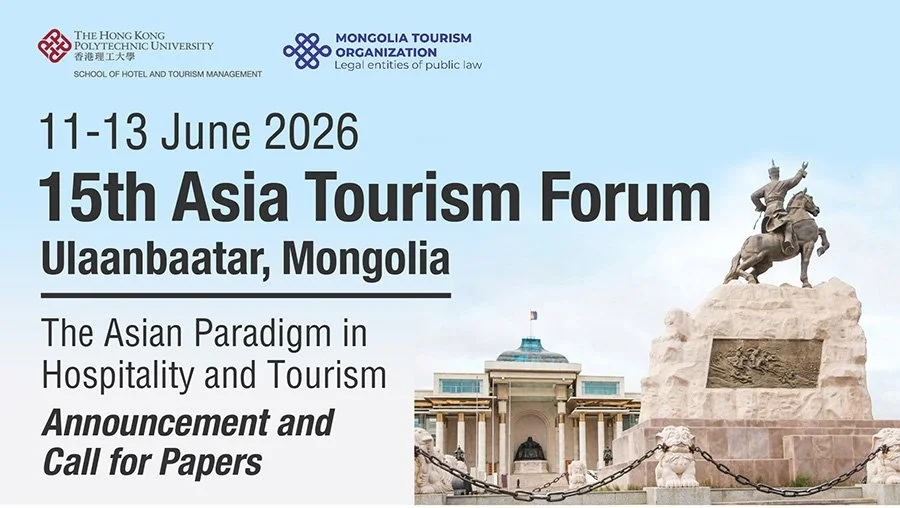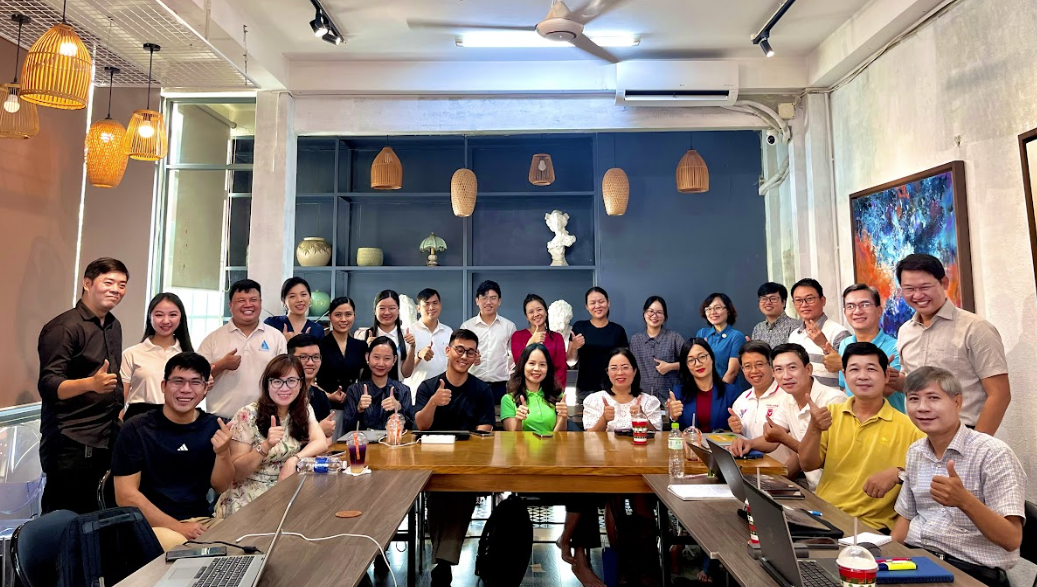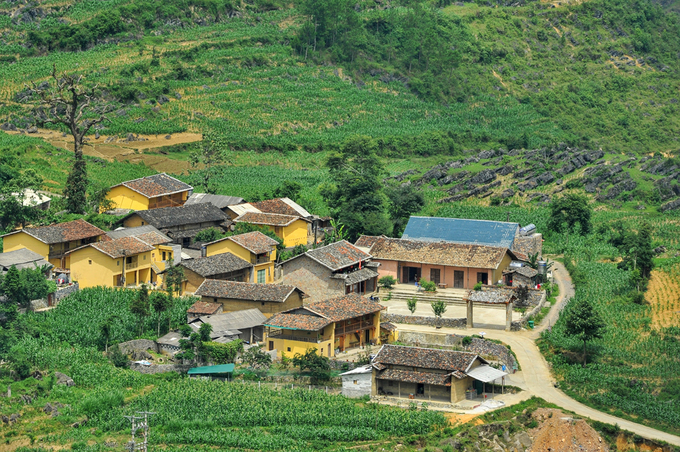This post is also available in:
Tiếng Việt (Vietnamese)
The 2025 Global Responsible Tourism Awards celebrate outstanding sustainable tourism initiatives around the world. Representing Vietnam, the Sen Caraih Ecotourism Village—founded by Assoc. Prof. Dr. Quang Dai Tuyen and operated by the Cham community—has been named a Global Finalist for its inclusive model that harmoniously integrates culture, livelihood, and the environment.
What is the Global Responsible Tourism Awards?
The Global Responsible Tourism Awards (GRTA) are among the most prestigious international recognitions in the field of sustainable tourism. Held annually, the awards honor organizations, destinations, and initiatives that actively contribute to the goal of “Making Tourism Better.”
Organized by the International Centre for Responsible Tourism (ICRT), in collaboration with leading global partners in the tourism sector
the awards serve as a global benchmark for identifying exemplary models that promote sustainability, reduce negative impacts, and create long-term social and environmental value for local communities.
A Global-Scale Recognition with Multiple Categories
Each year, the Awards feature six major categories, reflecting the key trends and priorities in responsible and sustainable tourism:
-
Nature Positive Responsible Tourism Award – Protecting and regenerating nature
-
Peace, Understanding & Inclusion Responsible Tourism Award – Promoting peace, intercultural understanding, and inclusion
-
Managing Waste Responsible Tourism Award – Effective waste management and plastic reduction
-
Increasing Local Sourcing & Creating Shared Value Responsible Tourism Award – Strengthening local sourcing and shared value creation
-
Climate Adaptation & Resilience Responsible Tourism Award – Enhancing climate adaptation and community resilience
-
All-Inclusives Responsible Tourism Award – Developing inclusive and holistic tourism models
The 2025 edition, sponsored by Sabre Corporation, will announce the global winners on 3 November in London (UK), during the World Travel Market (WTM) 2025—one of the world’s largest and most influential tourism events.
Global finalists are selected from regional Gold Award winners across Africa, Latin America, Southeast Asia, the Indian Subcontinent, and Europe, representing over 40 countries and demonstrating diverse, context-specific innovations in responsible tourism.
Vietnam’s Representative: The Sen Caraih Ecotourism Village
Among this year’s honorees, Vietnam is represented by the Sen Caraih Ecotourism Village, a Cham-led community tourism model that embodies a responsible and inclusive approach—bridging culture, livelihood, and environmental stewardship.
The initiative was conceived and established by Assoc. Prof. Dr. Quang Dai Tuyen, Lecturer at the Faculty of Tourism, Nguyen Tat Thanh University, who envisioned a community-owned tourism model that preserves Cham cultural identity while creating sustainable economic opportunities.
As a member of the community himself, Dr. Tuyen deeply understands local traditions and values. He worked with residents to design Sen Caraih as a living space where academic insight meets community practice, rooted in local wisdom and social cohesion.
Located in the Cham area of Khanh Hoa Province (formerly part of Ninh Thuan), Sen Caraih was transformed from low-yield rice paddies into ecological lotus fields, serving both as a scenic attraction and as a method of restoring the local wetland ecosystem.
Local residents manage every aspect of the operation—guiding, homestay services, gastronomy, textile weaving, and cultural performances—allowing visitors to experience Cham life in an authentic, participatory way.
Today, Sen Caraih stands as a model of community-based sustainable tourism, exemplifying a modest yet profound approach: developing tourism in harmony with people and culture, drawing upon the strength and knowledge of the local community.
The Values and Impact of Sen Caraih
Sen Caraih has been recognized for its community-centered development philosophy, in which the local population plays a leading role in every tourism activity.
All services—from guiding and accommodation to cuisine and handicrafts—are managed by local families.
Visitors are encouraged to harvest lotus, fish, cook local dishes, weave fabrics, and attend Cham cultural performances, while staying in Cham homestays that provide meaningful cultural exchange experiences.
The model has created stable employment for around 120 local residents and has increased household incomes by 50–70% through tourism fees, cultural services, handicrafts, and hospitality. More importantly, it has helped transform residents from passive vendors into empowered hosts, strengthening both cultural preservation and environmental responsibility.
Sen Caraih has thus become a representative case study of how tourism can coexist with culture and nature, generating economic benefits while fostering pride, identity, and intergenerational knowledge transmission.
A Positive Milestone for Vietnam’s Sustainable Tourism
Being named a Global Finalist in the 2025 Global Responsible Tourism Awards marks a significant milestone for Vietnam’s sustainable tourism movement.
The Sen Caraih model demonstrates that community-based tourism, when properly guided and supported, can serve as a powerful driver for economic, cultural, and social development.
This recognition not only honors the Cham community’s efforts but also reinforces Vietnam’s growing commitment to responsible and inclusive tourism—where travel is not merely about exploration, but about connection, preservation, and shared humanity.
